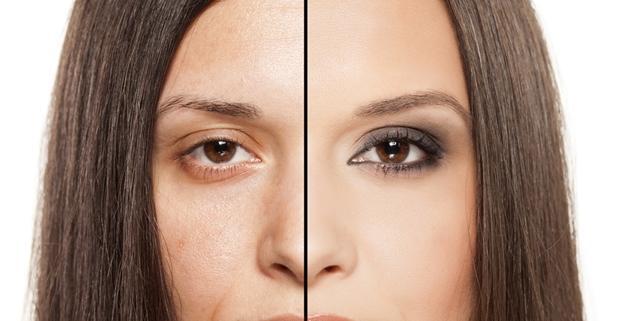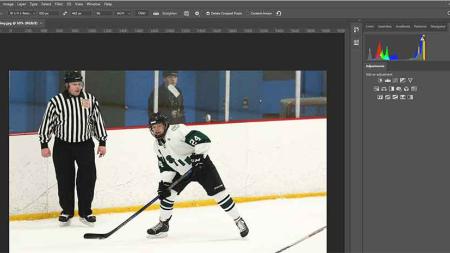
Related Class
Should you Photoshop Online Dating Photos
- Published on

A recent study from the University of Connecticut looked into the effects of using Photoshop for online dating profile images. As we teach Photoshop courses, we’re always interested to see how it’s being used, but it’s not every day that university researchers study the impacts of how manipulated images impact viewer’s perceptions. This study was seeking to determine how both men and women perceived people that had images which were retouched.
With Photoshop and other tools having become so common, it’s tempting for anyone sharing a photo to retouch the image. Until now it was unknown as to whether a modified image was helpful or harmful for online dating. Does this really help to put the best foot forward, or does retouching make an image be too good to be true? The study concluded that a retouched image does impact the perception by the viewer, showing that Photoshop effects perceptions differently. The results were split between how men and women perceived the altered photos. Females who viewed retouched images of men had a different perception than males who viewed retouched images of females.
Females who posted retouched images were viewed as less trustworthy than those who posted photos that were not edited. Yet despite being perceived as being less trustworthy, men were more interested in dating those who had retouched their profile images. The bottom line for women considering using Photoshop to retouch dating profile images: they may be perceived as being less trustworthy, but they’ll find more interest in their profiles, and those viewing the images will have a greater desire to date them.
The use of Photoshop by men on profile images had a positive impact on both their perceived trust as well as their desirability. Women viewed retouched images as being both more attractive, and being more trustworthy. The conclusion that men and women see different results from the editing techniques learned in Photoshop retouching classes doesn’t answer all questions relating to the impact of image editing. Whether the perception of being more or less trustworthy has any impact on a long-term relationship isn’t part of the study, leaving room for future Photoshop research.
About the author
Jennifer Smith is a user experience designer, educator and author based in Boston. She has worked in the field of user experience design for more than 15 years.She has designed websites, ecommerce sites, apps, and embedded systems. Jennifer designs solutions for mobile, desktop, and iOT devices.
Jennifer delivers UX training and UX consulting for large Fortune 100 companies, small start-ups, and independent software vendors.She has served as a Designer in Residence at Microsoft, assisting third-party app developers to improve their design solutions and create successful user experiences. She has been hired by Adobe and Microsoft to deliver training workshops to their staff, and has traveled to Asia, Europe, India, the Middle East, and across the U.S. to deliver courses and assist on UX design projects. She has extensive knowledge of modern UX Design, and worked closely with major tech companies to create educational material and deliver UX workshops to key partners globally. Jennifer works with a wide range of prototyping tools including XD, Sketch, Balsamiq, Fireworks, Photoshop, Illustrator, and Blend for Visual Studio. She also works extensively in the fields of presentation design and visual design.
Jennifer is also an expert on Photoshop, digital image editing, and photo manipulation. Having written 10 books on Photoshop, and having consulted and provided training to major media companies and businesses around the globe.
Jennifer is the author of more than 20 books on design tools and processes, including Adobe Creative Cloud for Dummies, Adobe Creative Cloud Digital Classroom, and Photoshop Digital Classroom. She has been awarded a Microsoft MVP three times for her work with user experience design in creating apps for touch, desktop, and mobile devices. Jennifer holds the CPUX-F certification from the User Experience Qualification Board and assists others in attaining this designation in leading a UX certification course at American Graphics Institute. She is a candidate for a Master’s degree in Human Factors in Information Design.


